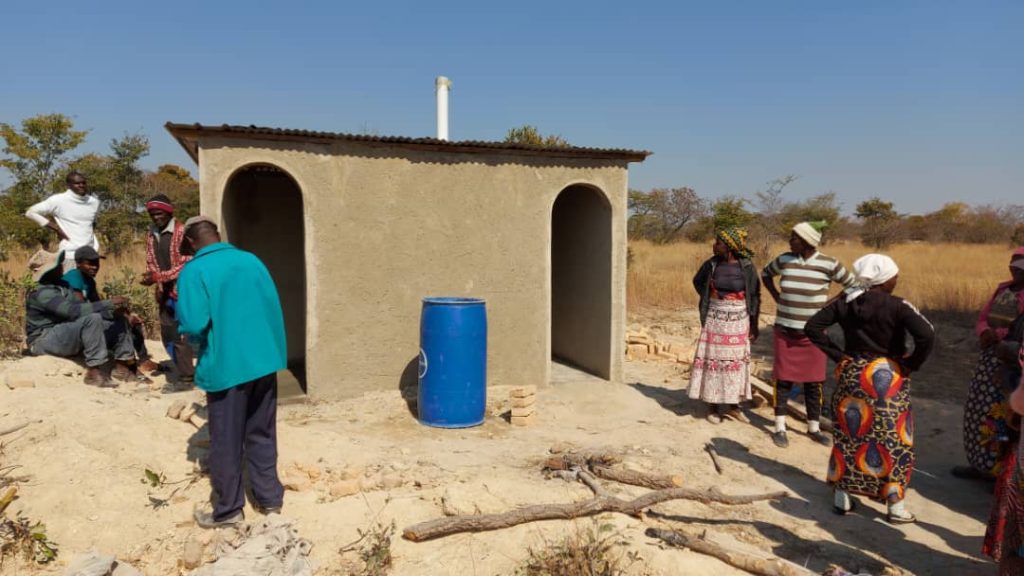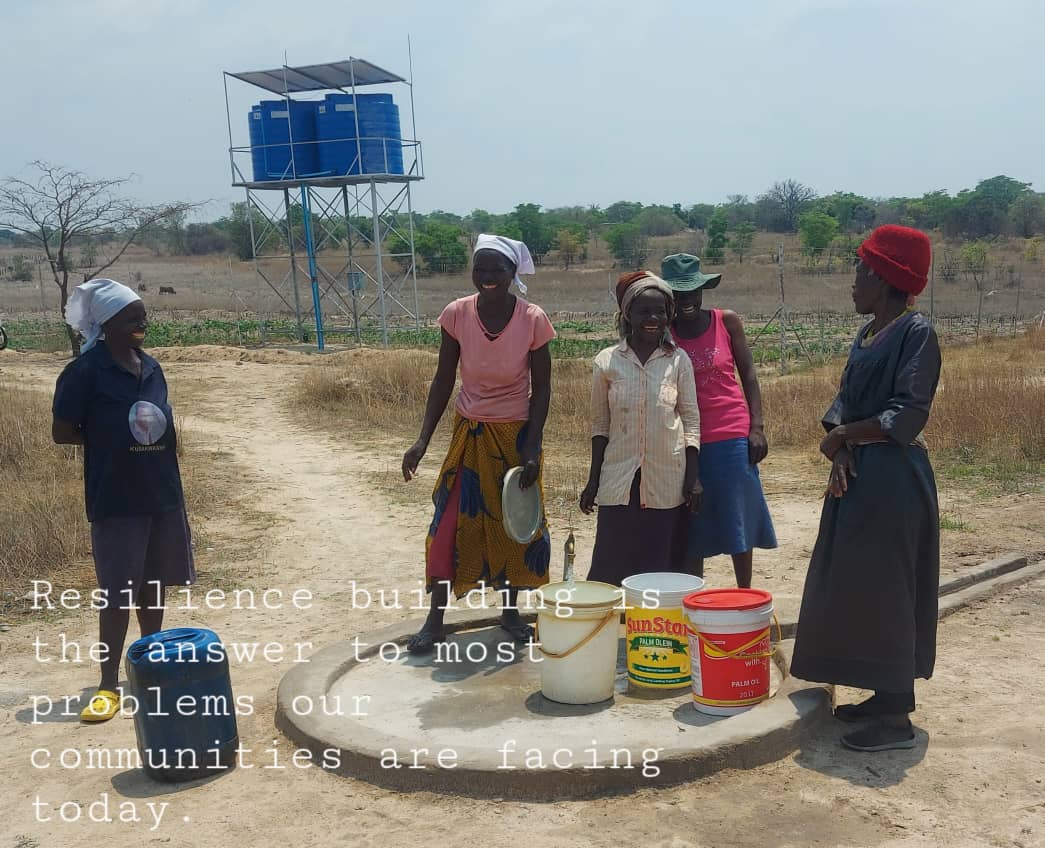In Chirumhanzu, Zimbabwe, Resilient Villages Zimbabwe is tackling a critical challenge: a lack of access to proper sanitation facilities. By constructing toilets, they are not simply providing a basic convenience; they are safeguarding the health and well-being of entire communities.
The practice of open defecation, unfortunately still common in many parts of the world, has severe consequences. It contaminates water sources, spreads diseases like diarrhea and cholera, and contributes to a cycle of poor health and hygiene.
Here are some of the key benefits of toilet construction in Chirumhanzu:
- Improved Public Health: Toilets prevent the spread of disease by containing human waste and stopping it from contaminating water sources and the environment. This leads to a healthier population, especially for children who are more vulnerable to sanitation-related illnesses.
- Dignity and Safety: Toilets provide privacy and safety, particularly for women and girls who are at increased risk of harassment and assault when practicing open defecation.
- Environmental Protection: Toilets prevent human waste from entering water bodies and soil, protecting the environment and ecosystems.
- Community Development: Access to sanitation facilities is a basic human right and a cornerstone of community development. Toilets empower communities to live healthier and more dignified lives.

Resilient Villages Zimbabwe’s work in Chirumhanzu is a powerful example of how addressing sanitation needs can create a ripple effect of positive change. By constructing toilets, they are not just building infrastructure; they are building a healthier and more hopeful future for the entire community.
According to a 2022 report by UNICEF, 420 million people worldwide still practice open defecation. This highlights the global importance of sanitation initiatives like those undertaken by Resilient Villages Zimbabwe.

